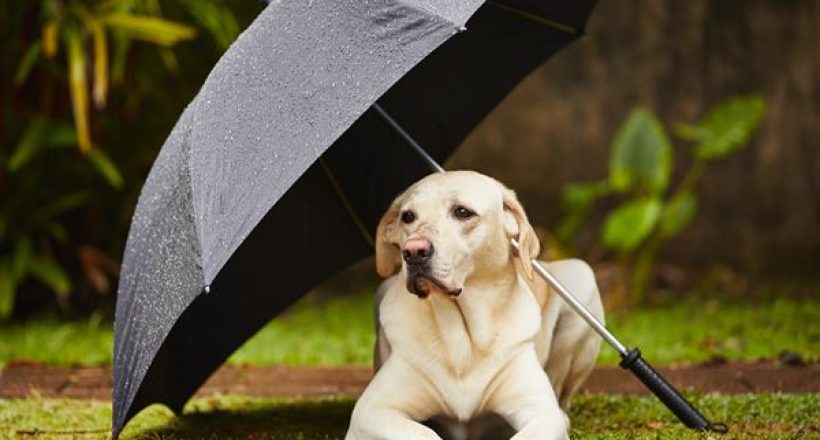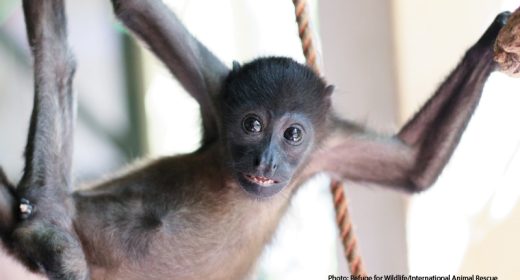
Pet Care in Rainy Season – Let’s Prepare
- JUL 04, 2017Warning: count(): Parameter must be an array or an object that implements Countable in /home/howlermag/public_html/old/wp-content/themes/new-paper/includes/general.php on line 193

Your Lead Paragrpah goes here
Pet Care in Rainy Season – Let’s Prepare Our Pets. As rainy season starts, reproduction of insects and increased proliferation of viruses, bacteria and parasites cause multiple illnesses.
Virus outbreaks, especially distemper and parvovirus, are our biggest concern. Both diseases are serious and can be prevented just by following a vaccination protocol at your regular veterinary clinic. Both diseases tend to affect more puppies than adult dogs.
Parvovirus is a hemorrhagic gastroenteritis (inflammation from the stomach and intestines causing bloody diarrhea). Distemper usually starts with respiratory symptoms, followed by digestive symptoms and eventually neurological symptoms near the end. Both types of viruses, if not treated, are fatal. We have seen more positive results treating parvovirus than distemper.
Bacterias commonly include Bordetella spp, the agent that causes the well-known kennel cough. Although vaccinating against this bacteria is not on regular veterinary protocols, it is simple to do so and all vets have the vaccine. Usually pet owners will notice a strong dry cough, harder at night, and the effort of coughing might make your pet vomit. It is not life-threatening, but in old dogs, or braquiocephalic breeds like boxers, bull dogs, or Boston terriers, the infection might be stronger. Bordatella is contagious and spreads within three to five days among dogs in the same location. Some dogs might heal on their own, as it is an immunomediated disease, but others might need treatment.
One parasite that thrives in rainy season is Giardia spp. This is a protozoa and can affect mammals, including humans and birds. Usually it spreads from eating the cyst and it takes five to 14 days for the animal to get sick. Symptoms may be less evident and sometimes cause just intermittent diarrhea, weight loss and vomit. Stools are usually loose or liquid with mucous present. Some fecal samples might show drops of blood. There is an instant test for checking stool samples from dogs and cats if giardia infection is suspected. There is also a vaccination to prevent this disease.
Also with rainy season comes an increase in insect populations. Puppies enjoy eating several types of insects and this can cause problems from mild gastritis to severe digestive disorders. Anything that makes your pet vomit has to be watched carefully as dehydration from vomiting or diarrhea is in most cases the cause of death, and not the agent ingested. Teaching your pet to leave insects and other animals alone will help them live longer and happier.
In previous articles we have talked about heartworm, but a reminder seems warranted, because we are seeing cases of it daily in our clinic. That means many pet owners are not taking the necessary deworming precautions. Heartworm spreads through mosquitoes. If you have not been regularly deworming your pet against heartworm, take it to your veterinarian and ask for a heartworm test. It takes just 10 minutes. If your pet tests negative, start the monthly deworming treatment at once. Let’s help our four-legged family members out by practicing pet care in rainy season.









